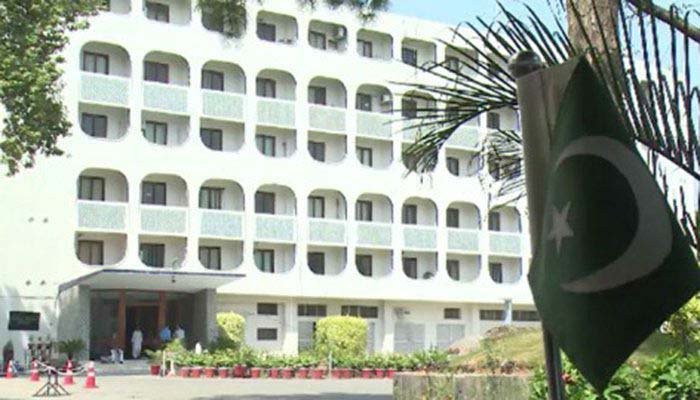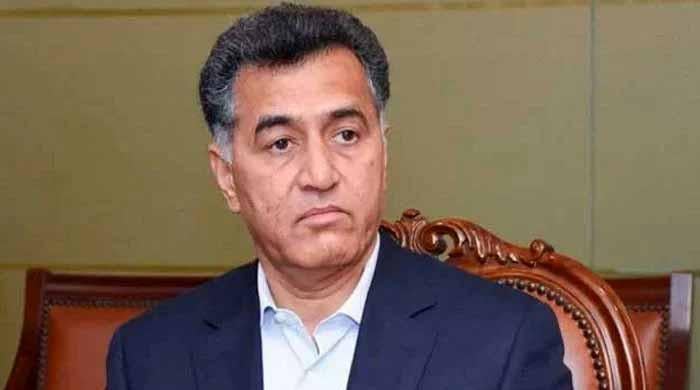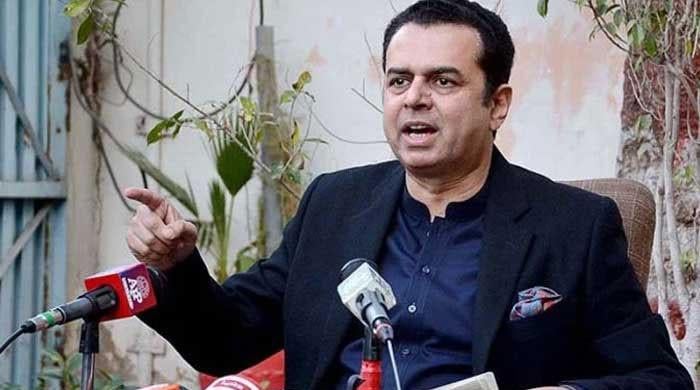Sikh pilgrims reach Nankana Sahib in special trains
They were received by the local authorities and taken to Gurdwara Janam Asthan under strict security
April 16, 2018
LAHORE: The Sikh pilgrims who have come to Pakistan from India for Besakhi festival have reached Nankana Sahib from Hasan Abdal.
The district police officer, Nankana Sahib Deputy Commissioner Malik Abdul Waheed and officials of Evacuee Trust Property Board welcomes the Sikh pilgrims at the railway station where they arrived in special trains.
The pilgrims were then taken to Gurdwara Janam Asthan in special buses under strict security.
Earlier, issue had erupted between Pakistani and Indian governments following a press statement issued by the Ministry of External Affairs of India which alleged that its high commissioner in Pakistan had been prevented from meeting Sikh pilgrims at Gurdwara Punjab Sahib in Hasan Abdal.
According to Pakistani Foreign Office Spokesperson Dr Mohammad Faisal, the EVTPB had extended an invitation to the high commissioner of India to attend the main function of Besakhi at Gurdwara Punja Sahib. However, he said, ahead of the function the ETPB authorities noticed Sikh pilgrims protest the release in India of a film on Baba Guru Nanak Devji.
Fearing any untoward situation, Dr Faisal said the ETPB authorities contacted the Indian High Commission and suggested the cancellation of the high commissioner’s visit. The Indian High Commission officials agreed to the suggestion.
But the matter was raised with the Foreign Office in Islamabad and the Pakistan High Commission in New Delhi and a ''protest'' was lodged.
The Pakistani Foreign Office condemned the move in a statement, saying they
regretted the Indian attempt to generate controversy around the visits of Sikh pilgrims and to vitiate the environment of bilateral relations.
"For decades, Pakistan has made excellent arrangements to facilitate the visits of Sikh Yatrees from across the world, including India, and extended protocol, reception, security, medical and other facilities. This is consistent with our religious ethos and traditions of hospitality."











